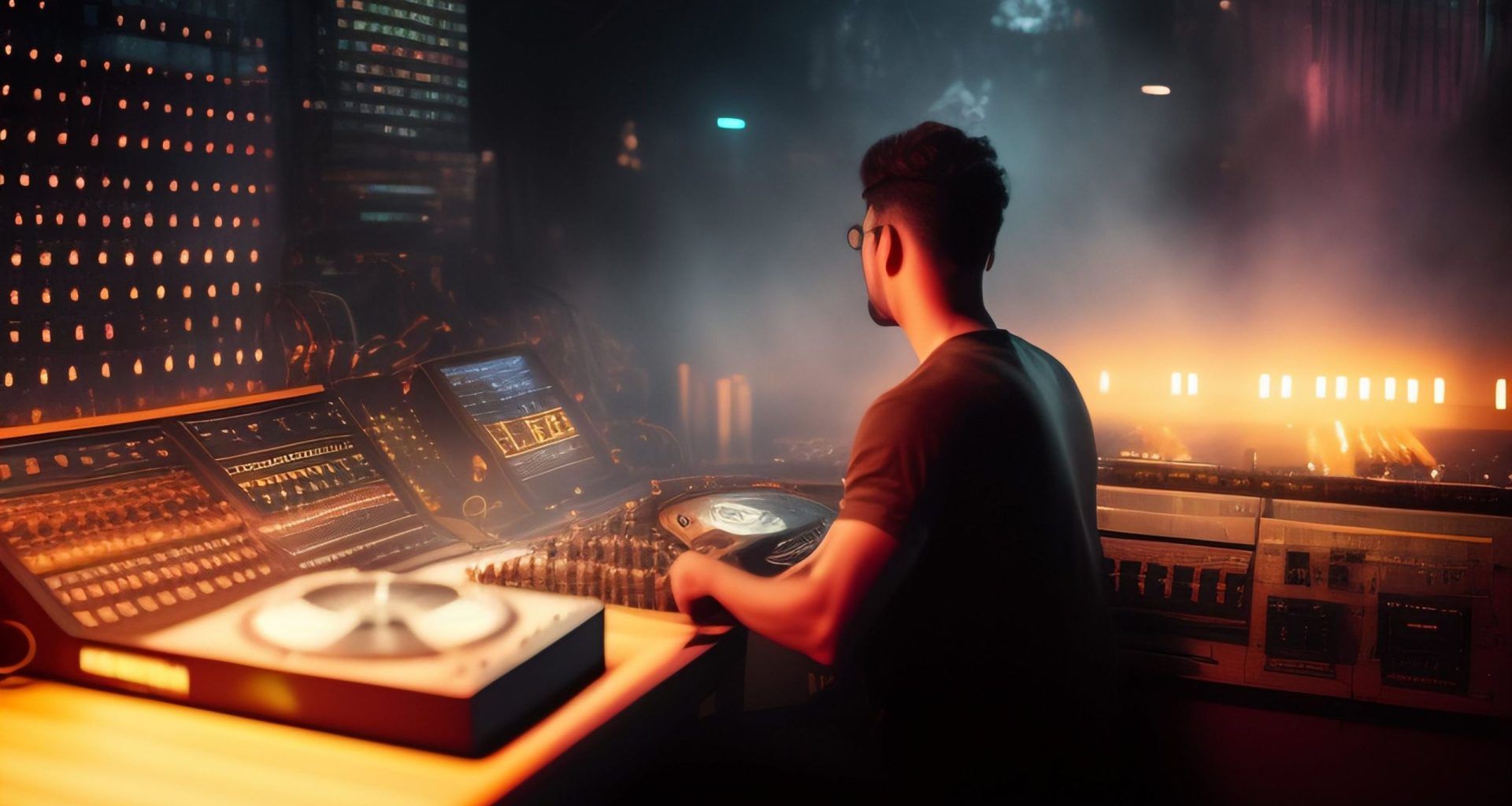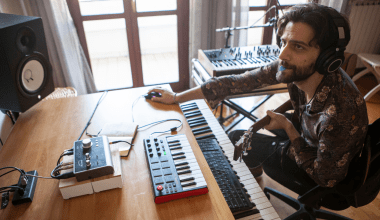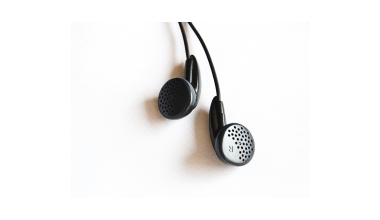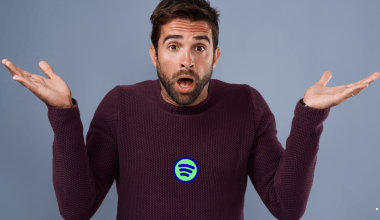Protecting your creative work is essential in today’s digital age. Whether you’re an artist, musician, writer, or content creator, understanding how to copyright your work ensures your ideas are safe from misuse or theft. This blog will take you through the complete process, explain its importance, and share tips to safeguard your intellectual property.
Why Copyright Is Important
Copyright provides legal protection for your original work. It prevents others from using, reproducing, or distributing your creations without your permission. When you copyright your work, you establish ownership, which can save you from legal battles later.
For example, if you’re a musician selling your music on platforms like Beatport or an author publishing an extended play or eBook, copyright gives you control over how others can use or share your work.
What Can You Copyright?
Before diving into the steps, let’s look at what kinds of work can be copyrighted:
- Music: Including lyrics, compositions, and recordings.
- Art and Photography: Paintings, drawings, and digital art.
- Writing: Books, blogs, scripts, and articles.
- Videos and Films: Short films, documentaries, or YouTube content.
- Software and Designs: Apps, games, and graphic designs.
Copyright applies to all original work fixed in a tangible medium, meaning it must be written, recorded, or stored in some form.
How to Copyright: Step-by-Step Guide
- Create Your Work
Your work must be original and fixed in a tangible medium. This means it should exist in a form that can be seen or heard, such as a written document, recorded audio, or a video file. - Add a Copyright Notice
While not mandatory, adding a copyright notice to your work can serve as a warning to others. For example, include “© [Your Name] [Year]” on your creations. - Register Your Copyright
Registration provides additional legal benefits, especially if you need to enforce your copyright in court.- Visit your country’s copyright office. In the U.S., this is the U.S. Copyright Office.
- Fill out the application form and upload a copy of your work.
- Pay the registration fee.
- Keep a Record of Your Work
Save drafts, versions, or any proof that shows you created the work. These records can support your copyright claim if challenged.
Understanding Copyright Laws
Copyright laws vary by country, but most follow international agreements such as the Berne Convention. This ensures your work is protected globally. However, registration within your country is still beneficial for legal enforcement.
For creators selling music or other content on platforms like Beatport, understanding the copyright rules of different regions can save you from future disputes.
How Long Does Copyright Last?
In most cases, copyright lasts for the creator’s lifetime plus 70 years. After that, the work enters the public domain. However, this timeline can vary based on the type of work and the jurisdiction.
How Copyright Protects Your Work
When you copyright your work, you gain:
- Exclusive Rights: Control over reproduction, distribution, and public display.
- Legal Protection: The ability to sue for damages if someone uses your work without permission.
- Monetary Benefits: Earn royalties when others use your work legally.
Copyright vs. Trademark
Many people confuse copyright with trademarks. While both protect intellectual property, their purposes differ:
- Copyright: Protects creative works like music, art, and writing.
- Trademark: Protects brand elements like logos, slogans, and business names.
Selling Copyrighted Work
Once your work is copyrighted, you can sell or license it for profit. For instance, musicians can sell their music on platforms like Beatport, knowing their work is legally protected. Similarly, writers can publish and sell their extended plays or books with peace of mind.
Tips for Copyrighting Your Work
- Document Your Process: Keep drafts, sketches, or recordings to prove originality.
- Watermark Digital Content: Add watermarks to photos, videos, or designs to deter unauthorized use.
- Use Copyright-Friendly Platforms: Platforms like Beatport support creators by respecting copyright laws.
- Monitor for Infringement: Regularly check if your work is being used without permission.
What Happens If Your Copyright Is Violated?
If someone uses your work without authorization, you can:
- Send a Cease-and-Desist Letter: Ask the infringer to stop using your work immediately.
- File a DMCA Takedown Notice: For online infringements, this can help remove unauthorized content.
- Pursue Legal Action: Sue for damages if the infringement has caused financial or reputational harm.
Copyright in the Digital Age
The internet has made it easier to share and promote creative work, but it has also increased the risk of copyright violations. Platforms like YouTube, Instagram, and Beatport have tools to help creators manage their copyrights.
For example:
- Content ID on YouTube: Detects and manages copyrighted material.
- Copyright Claim Tools: Allow creators to report unauthorized use.
How to Copyright Music for Platforms Like Beatport
Selling music on platforms like Beatport requires additional steps to ensure your tracks are protected:
- Copyright Your Composition and Recording: Register both the written composition and the sound recording.
- Join a Performing Rights Organization (PRO): Organizations like ASCAP or BMI help you collect royalties.
- Distribute Through Legitimate Channels: Use trusted distributors to ensure your music reaches listeners without infringement.
Cost of Copyrighting Your Work
The cost of copyright registration depends on the type of work and the country. For instance, in the U.S., it ranges from $35 to $85. This fee is a small price to pay for long-term protection.
Common Myths About Copyright
- Myth: You need to publish your work to copyright it.
Fact: Copyright applies as soon as the work is created in a tangible form. - Myth: Adding a copyright notice is mandatory.
Fact: It’s optional but recommended for added protection. - Myth: You can copyright ideas.
Fact: Only the expression of an idea (e.g., a story or song) can be copyrighted, not the idea itself.
Final Thoughts
Understanding how to copyright your work is crucial for every creator. By taking the right steps, you can protect your creative efforts and enjoy the benefits of ownership. Whether you’re selling music on Beatport, publishing an extended play, or sharing art online, copyright ensures your hard work remains yours.
Related Articles:
For further reading, explore these related articles:
- Copyright Songs: Protecting and Using Music Legally Explained
- What Is Stereo Sound? Learn Its Benefits and Applications
- Discover Free Music Online: The Best Platforms & Tips
For additional resources on music marketing and distribution, visit Deliver My Tune.






